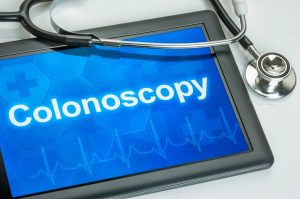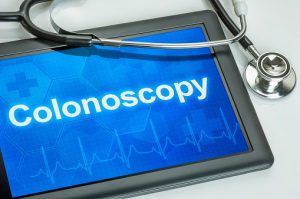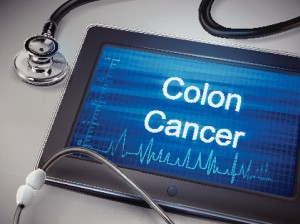 A colonoscopy is a procedure that physicians use to examine the inside of the large intestine (colon). During an examination, doctors can investigate changes in the large intestine and possible causes for a variety of symptoms. Most importantly, physicians can use this procedure to look for precancerous or cancerous polyps on the inside of the colon’s lining.
A colonoscopy is a procedure that physicians use to examine the inside of the large intestine (colon). During an examination, doctors can investigate changes in the large intestine and possible causes for a variety of symptoms. Most importantly, physicians can use this procedure to look for precancerous or cancerous polyps on the inside of the colon’s lining.
Before the procedure, your doctor will require that you consume a clear liquid diet for at least 24 hours ahead of the time for your exam. You will also have to take a laxative to help clear the intestines. In some instances, your provider may perform an enema before the test. Please be sure to inform your doctor of any medications you are taking so that adjustments can be made if needed before your procedure.
When you arrive for your colonoscopy, you may be given medications to sedate you or make you feel sleepy. It is highly recommended that you have someone available to drive you home for this reason.
Your physician will begin the procedure once you are sedated. A colonoscope is the tool your healthcare provider utilizes to conduct the examination. The device is a long, flexible tube with a camera and light on the end. During the procedure, your physician will insert the colonoscope into your rectum and move it into your colon to look for polyps or other signs of a potential health problem.
Once the examination is completed, your healthcare team will transport you to a recovery room for a few hours. It is common for patients to experience mild cramps or bleeding in the first stool after the procedure. Please contact your doctor if bleeding and cramping persist.
All content of this newsletter is intended for general information purposes only and is not intended or implied to be a substitute for professional medical advice, diagnosis or treatment. Please consult a medical professional before adopting any of the suggestions on this page. You must never disregard professional medical advice or delay seeking medical treatment based upon any content of this newsletter. PROMPTLY CONSULT YOUR PHYSICIAN OR CALL 911 IF YOU BELIEVE YOU HAVE A MEDICAL EMERGENCY.


